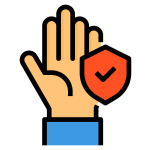Post-Stroke and Brain Injury Concerns
After a stroke or brain injury, a person may face a variety of challenges. Every survivor is unique and may exhibit different impairments. Most are common and will improve with time and rehabilitation. Below is a list of possible challenges stroke survivors may exhibit. Some may struggle with many of these, while others may be affected by fewer of them.
Physical Conditions
- Weakness, paralysis, and problems with balance or coordination
- Pain, numbness, or burning and tingling sensations
- Fatigue, which may continue after a person returns home
- Inattention to one side of the body, also known as neglect; in extreme cases, you may not be aware of your arm or leg
- Urinary or bowel incontinence
- Difficulty swallowing
- Memory problems, poor attention span, or difficulty solving problems
- Visual problems
- Difficulty recognizing limitations caused by the stroke
Communication Challenges
- Difficulty with word finding
- Slurred or unintelligible speech
- Difficulty writing
- Trouble using numbers or doing math
- Understanding spoken language
- Trouble following directions
- Difficulty reading
Cognitive Problems
- Difficulty maintaining attention
- Memory loss
- Trouble with insight and making judgments
- Disorganization
- Disorientation
- Trouble processing information
- Difficulty with problem solving
- Reasoning
- Difficulty with executive functioning (planning, focusing attention, remembering instructions, and managing multiple tasks successfully)
Emotional and Behavioral Changes
- Sudden mood changes
- Feeling anxious, worried, pessimistic, or hopeless
- Isolating one’s self from others
- Having thoughts of death
- Loss of energy
- Increase or decrease in appetite
- Difficulty sleeping or sleeping too much
- Difficulty concentrating, remembering, thinking, or making decisions
- Headache
- Digestive problems
- Sexual problems
Talk to your doctor if your loved one is exhibiting any signs of depression. Antidepressant medicine may be available, or it may be better to get a referral for a psychologist or psychiatrist.
Click on the tiles below to learn more.
Your Role in Therapy & Rehabilitation
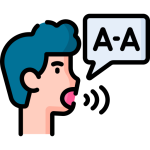
Improving Speech After a Stroke
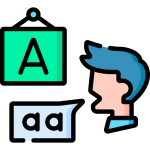
Post-Stroke Speech Recovery Time
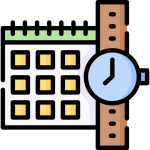
Post-Stroke Concerns
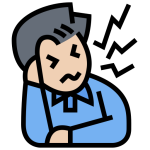
Preventing a Future Stroke
